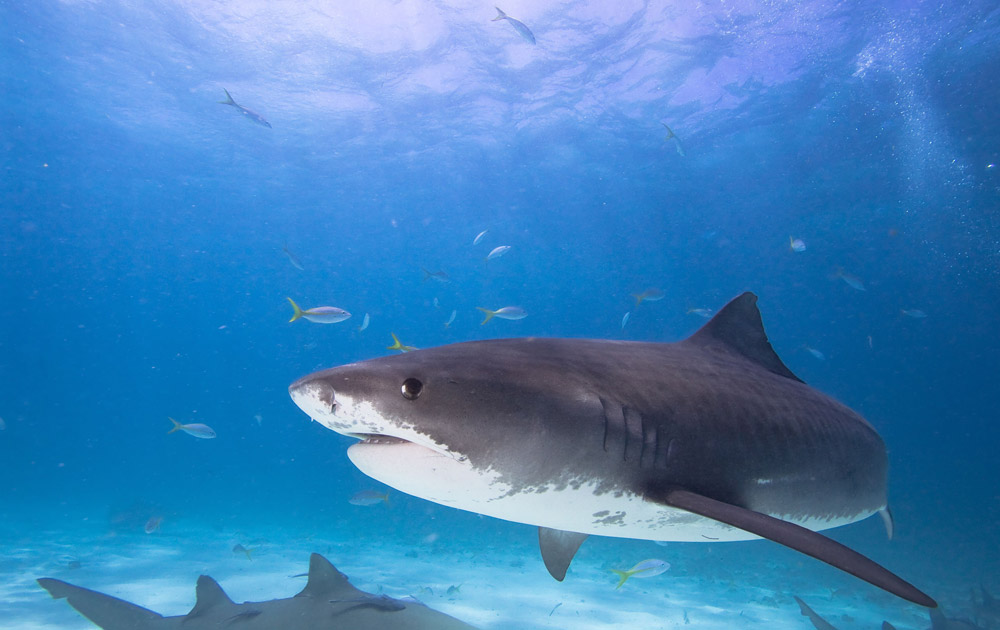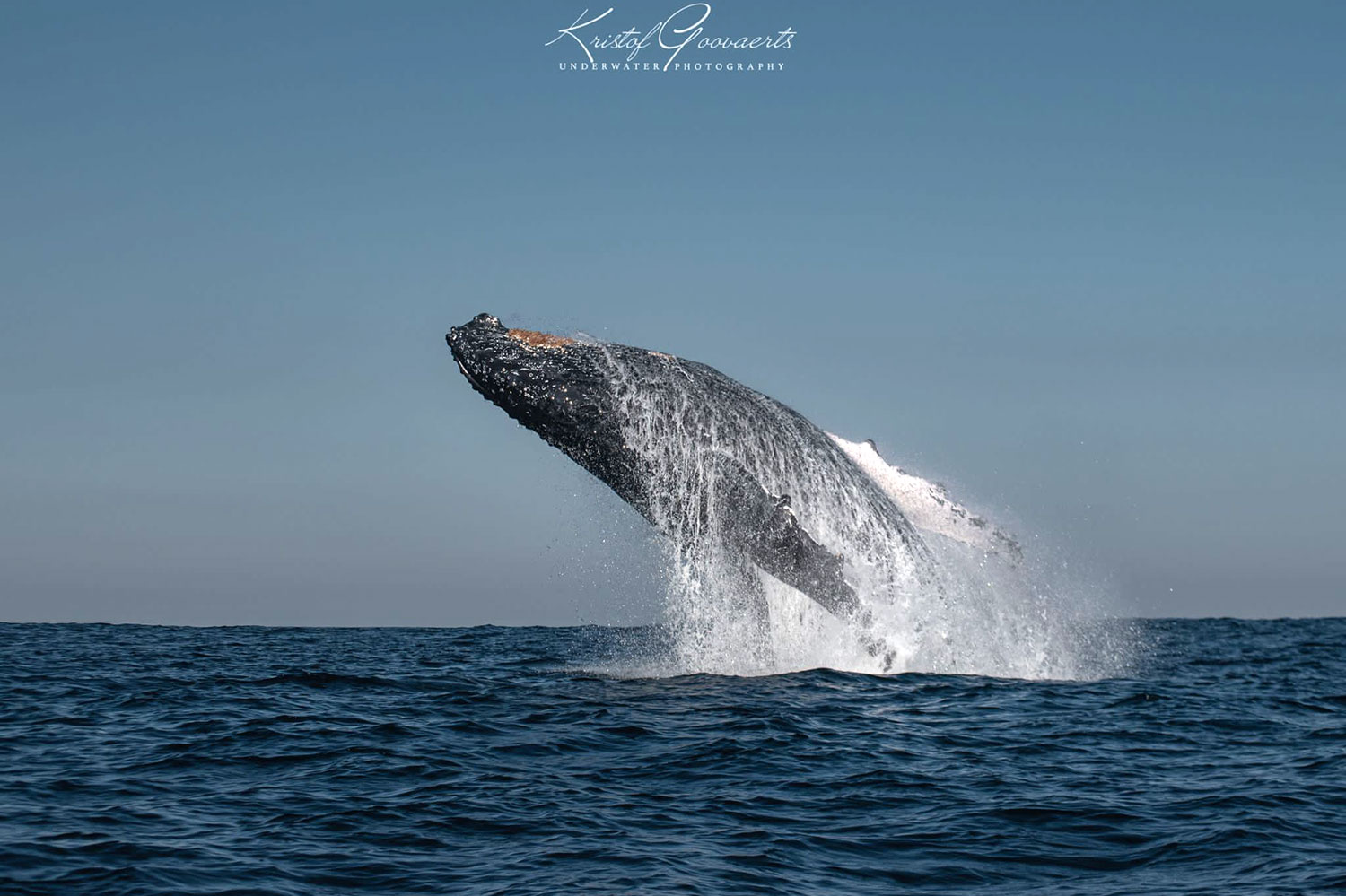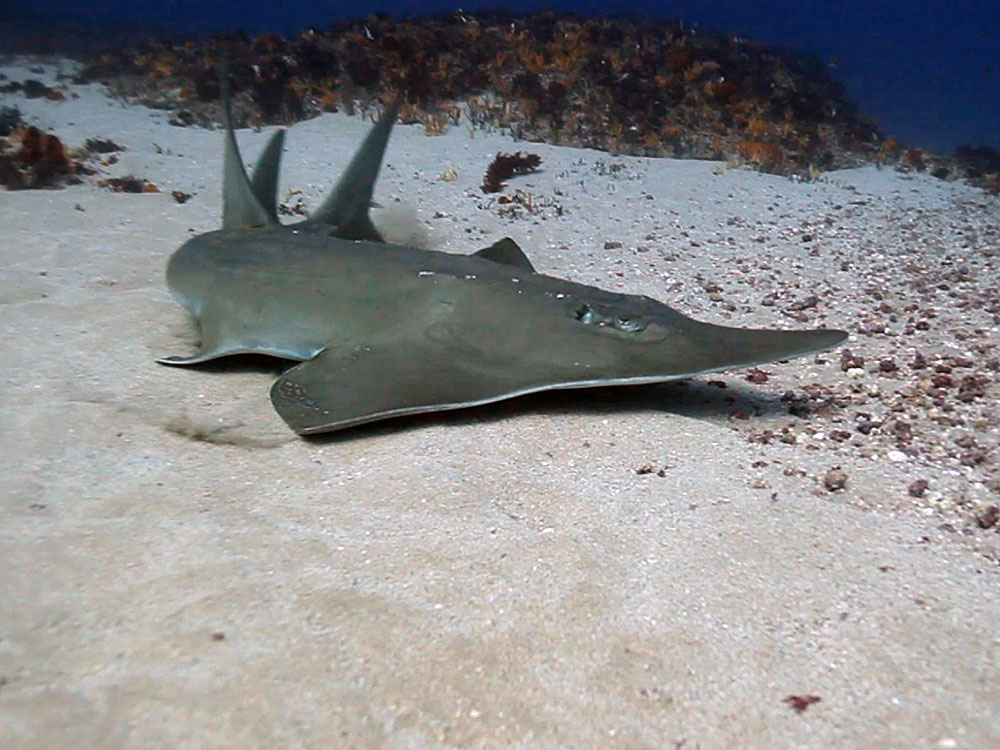Diving is a wonderful sport that over 2.3 million people worldwide enjoy on a regular basis. It’s easy to see why, as diving brings participants to some of the most beautiful places on the planet like the Protea Banks, exposing you to exotic wildlife rarely seen outside nature documentaries. Diving can be as exhilarating as tackling a black diamond ski slope, while being much easier on the body, enabling many divers to enjoy the sport well into later years of life. In order to take advantage of the gifts diving can offer, it is important to practice safety on each and every dive.
Safety Before You Ever Get Wet
Safety begins from the moment you begin planning a dive. They key word is to plan the dive well, including any special gear that will be required. Ensure you have a proper fitting mask and complete a rigorous pre-dive inspection before each dive. It’s also good practice to do a buddy-check by inspecting your partners equipment and having them inspect yours. Study the area you plan to dive – learn about potentially dangerous water conditions including the types of wildlife in the area. Try to find topographical maps of your area and study them prior to taking the plunge. You can ensure a safe dive by being thoughtful about where you’re headed before your flippers get wet.
Safety In The Water
Safety in the water requires you to be alert, oriented, and never alone. Don’t dive in areas that make you uncomfortable due to confined spaces or dangerous conditions. Never hold your breath, and never ascend faster than 10 metres per minute – as doing so will cause nitrogen bubbles to form in your bloodstream causing decompression sickness commonly known as “the bends”. It’s also good practice to do a 3 minute safety stop at about 5 metres from the surface, to ensure your body is adjusting well to changing pressures. Emergent situations can and do arise, and seasoned divers always have a set of plans for common situations. An ounce of prevention is worth a pound of treatment. As a baseline level of defense, learn how to effectively perform CPR and ensure that your partners know this as well. Having this crucial knowledge can be a lifesaver.
Enjoy Diving For Years To Come
Perhaps no other sport will bring as many health benefits or new and interesting experiences into your life as diving. By having carefully planning your dive, ensuring your equipment is properly functioning, and practicing safe habits in the water you can enjoy diving for a lifetime. See you at the bottom!
By Jennifer Dawson







